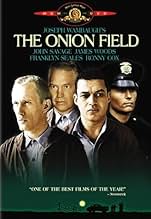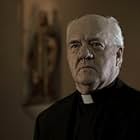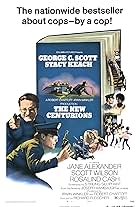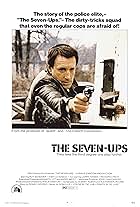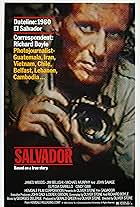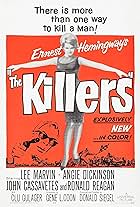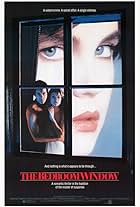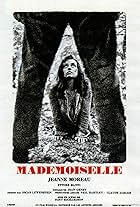Two aspects separate this film from movie obscurity. Without doubt, James Woods manages the most frightening criminal psychotic since Richard Widmark's giggling nut-case in Kiss of Death (1947). In fact, the film fairly crackles with unbalanced energy once Woods appears. His idea of "family values" is patting you on the back one minute and sticking a gun in your face the next. At the same time, the onion field sequence is superbly staged, the suddenness of the gunshots truly unnerving. Plus, Franklyn Seales' unscripted screams are chillingly appropriate, adding greatly to the raw impact.
This gripping first half, however, gives way to a more pedestrian-- though well-meaning-- second half that could use faster pacing and narrower focus. For example, what's the point of showing us Hettinger placing plants in his pick-up and then driving off. The scene consumes about 30 seconds of pointless screen time since we already know that gardening is returning him to mental health. At the same time, the screenplay pursues a number of diverse threads that tend to divide audience interest instead of concentrating it.
The film is ex-cop Wambaugh's personal project, and it's clear he uses the case to illustrate certain aspects of the criminal justice system. Not surprisingly, the appeals process comes in for special scorn. Shrewd cop-killer Powell is able to manipulate both court proceedings and the appeals process in seemingly endless fashion for his own advantage. Wambaugh is also in sympathy with the unlucky Hettinger who's been scapegoated for his partner's death. That scene where the beat cop exposes the unreality of a departmental rule is a little gem and also, I suspect, Wambaugh speaking through the actor.
Anyway, that first half amounts to a minor masterpiece of criminal derangement brought to life by Woods' unforgettable performance.




